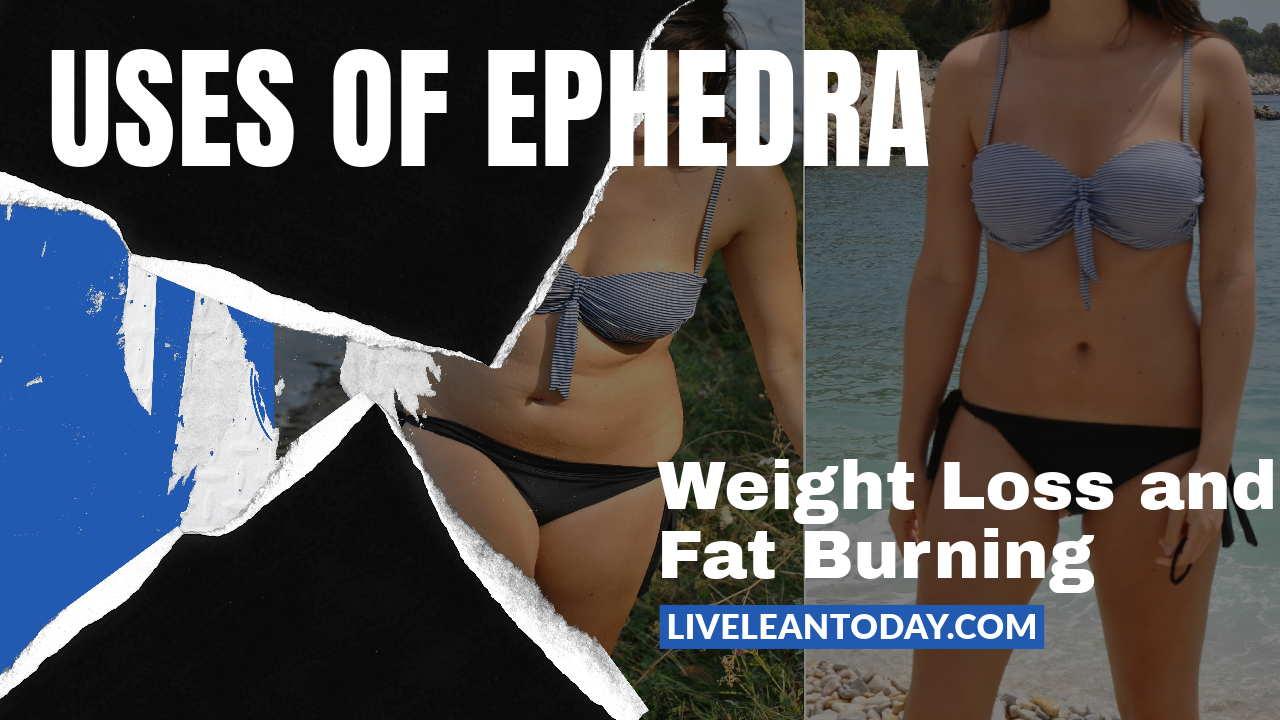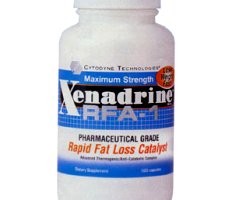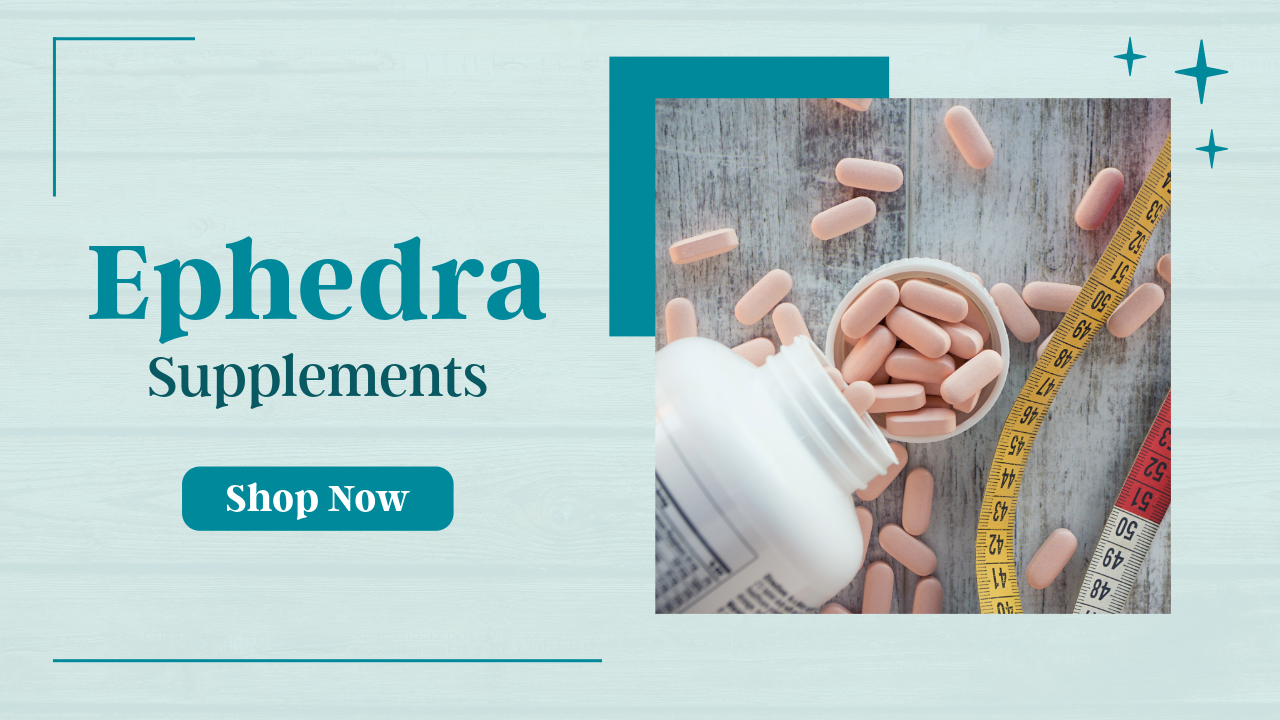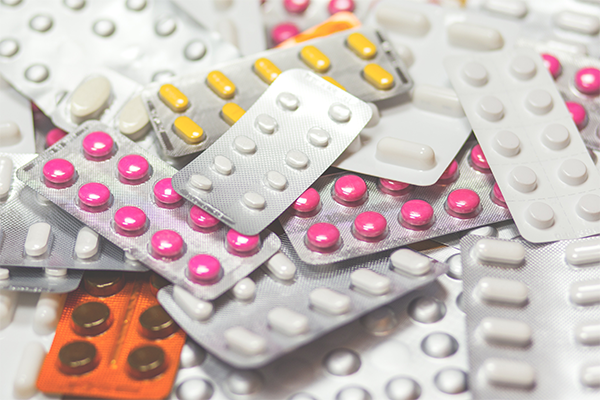Ephedra extract, known in traditional circles as ma huang, has piqued interest and controversy in equal measure. Deriving from a plant long utilized in Eastern medicine, it boasts the active component ephedrine—bearing a resemblance to adrenaline. Promoted for its ability to promote weight loss and enhance energy and alertness, ephedra extract has woven its way into various over-the-counter cold and allergy medications in the United States. Meanwhile, its therapeutic effects continue to be harnessed in Asia, addressing conditions ranging from respiratory diseases to cold symptoms. Understanding what ephedra is used for and unraveling the efficacy of ephedra supplements is vital, given their widespread consumption and the escalating scrutiny over their safety and legal status.
This article delves into the scientific mechanisms behind ephedra extract and examines its purported benefits, particularly for ephedra weight loss and the enhancement of athletic performance. It will also navigate the potential risks associated with ephedra pills, shedding light on safety concerns, regulatory status, and why exactly this ma huang extract remains a subject of debate. For readers inquiring whether ephedra extract is legal and seeking alternatives, the upcoming discussion promises valuable insights into the complex tapestry of this historic and potent herbal stimulant.
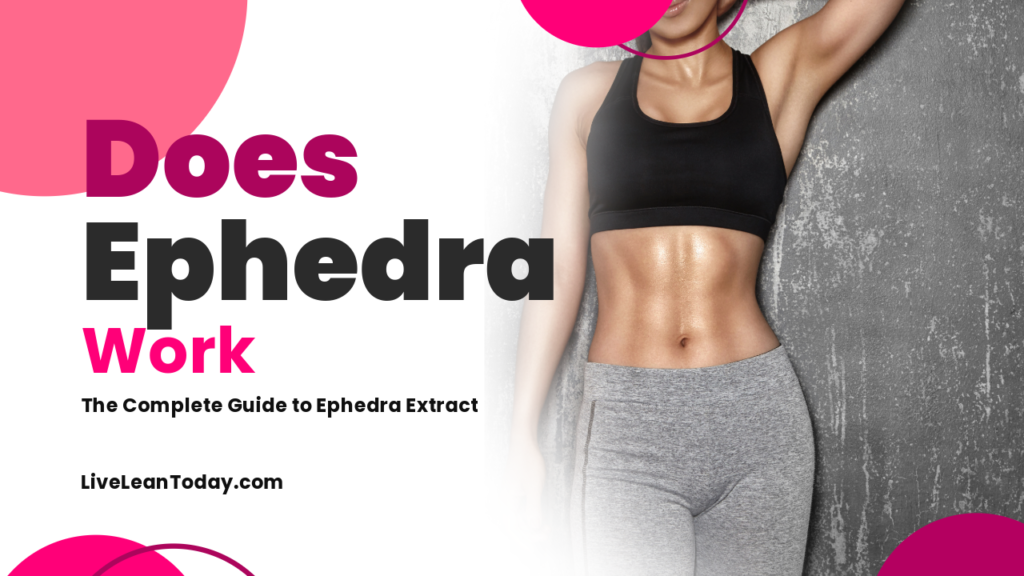
The Science Behind Ephedra Extract
Ephedra extract, commonly referred to as ma huang, is a botanical known for its alkaloids, primarily ephedrine and pseudoephedrine, which have been identified as the main active ingredients with stimulant and thermogenic effects. Here’s a closer look at the scientific underpinnings of this extract:
- Alkaloid Composition:
- Ephedra extract contains ephedrine and pseudoephedrine, compounds structurally similar to adrenaline.
- These alkaloids act on the sympathetic nervous system, potentially leading to increased heart rate, contractility, cardiac output, and peripheral resistance.
- Pharmacokinetics:
- After oral administration, synthetic ephedrine reaches peak plasma levels within an hour, with a half-life of 3 to 6 hours.
- Ma Huang-derived ephedrine exhibits similar elimination patterns, although absorption rates can vary, indicating that the body processes the natural and synthetic forms of ephedrine in comparable ways.
- Physiological Impact:
- Ephedra and ephedrine alkaloids can increase heart rate and blood pressure, relax bronchial tissue, and decrease appetite.
- They are also associated with heightened alertness, mood improvement, and reduced fatigue, which explains their use in over-the-counter decongestants and cold medicines.
- At higher doses, these substances may cause anxiety, restlessness, and insomnia, highlighting the need for regulated dosages.
The therapeutic effects of ephedra extract, particularly its ephedrine component, have been recognized for their weight loss potential due to its stimulant properties. However, it’s important to note that ephedrine is not approved in the United States as a drug for weight loss or to enhance athletic performance, and ephedra supplements pose risks of severe side effects, including high blood pressure, heart attacks, and strokes. This underscores the significance of understanding both the potential benefits and the risks when considering what ephedra is used for.
Given the complexity of ephedra extract’s pharmacological profile, it remains a subject of scrutiny, especially in terms of its safety and legal status. The question of whether ephedra extract is legal hinges on a nuanced understanding of its effects and the regulatory framework governing dietary supplements versus medications. As such, individuals seeking to use ma huang extract for its therapeutic effects should proceed with caution and be well-informed about the potential health implications.
Ephedra Extract for Weight Loss
Ephedra extract, with its active component ephedrine, has been associated with weight loss efforts, particularly when combined with caffeine. Research indicates that these combinations can lead to a modest but statistically significant increase in weight loss over short periods, typically less than six months. Specifically, the use of ephedrine, ephedrine plus caffeine, or dietary supplements containing ephedra and botanicals with caffeine has been linked to these effects. However, it is crucial to note that the long-term effectiveness of ephedra for weight management remains unclear, and safety concerns have been raised due to its impact on heart rate and potential for serious side effects.
- Short-Term Weight Loss Efficacy:
- Studies show that ephedrine-containing products result in greater weight loss compared to a placebo, with an average difference of about 1.97 kg.
- The combination of ephedrine and caffeine is particularly potent, leading to increased metabolic rate and fat loss.
- Impact on Lipid Profiles and Heart Rate:
- While ephedra extract may improve lipid profiles, it also increases heart rate, necessitating close heart rate monitoring during use for weight loss purposes.
- The therapeutic effects of ephedra extract on weight loss are accompanied by risks that must be carefully considered.
- Popularity and Marketing Claims:
- In the 1990s, ephedra gained significant popularity for its claims of promoting weight loss and enhancing athletic performance.
- Ma Huang-containing products have been marketed for various benefits, including improved body composition through thermogenic and lipolytic effects.
Despite the potential benefits for short-term weight loss, ephedra extract’s use is linked with serious side effects, and its legal status is subject to regulatory scrutiny. For those considering ephedra extract for weight loss, alternatives such as guarana, bitter orange, and green tea extract are often sought. However, these substitutes also carry risks, including increased blood pressure and potential interactions with certain medications. It is imperative for individuals to exercise caution and consult healthcare professionals before using ephedra extract or its alternatives for weight management.
Athletic Performance and Ephedra
Ephedra extract, once popular for its potential to enhance athletic performance, has been the subject of scientific investigation to determine its efficacy. Here we explore the findings:
- Lack of Evidence for Ephedra Supplements:
- Despite the popularity of ephedra extract in the 1990s, there is a notable absence of studies assessing the impact of dietary supplements containing ephedra and botanicals on athletic performance. This gap in research highlights the uncertainty surrounding the therapeutic effects of ephedra extract in sports and fitness contexts.
- Modest Effects of Ephedrine and Caffeine:
- A few studies have indicated that ephedrine, particularly when combined with caffeine, may have a modest effect on very-short-term athletic performance. This effect was noted in a highly selected group of physically fit individuals within 1-2 hours after a single dose. However, these findings do not necessarily translate to the general population or suggest long-term benefits for athletic performance.
- Comparative Efficacy with Caffeine Alone:
- When it comes to the combination of ephedra extract and caffeine, research suggests that this pairing is no more effective than caffeine by itself. This finding challenges the value of adding ephedra extract to the regimen of those seeking to enhance their physical abilities through supplements, as caffeine alone may provide similar benefits without the associated risks of ephedra use.
- Limited Ergogenic Claims:
- The body of research on the ergogenic, or performance-enhancing, effects of ephedrine is limited. Most studies have not found evidence to support claims that ephedra supplements improve muscle strength, endurance, or power. Additionally, no improvements have been observed in lung function, reaction time, hand-eye coordination, anaerobic capacity, or speed. These findings cast doubt on the efficacy of ephedra extract as a means to enhance various aspects of athletic performance.
- Risks and Regulatory Status:
- Ephedra-containing products are banned from amateur sporting events, and athletes using these supplements risk disqualification. The regulatory status of ephedra reflects concerns over its safety profile, particularly in the context of sports where physical health is paramount. Users should be aware of the potential for adverse effects, especially when considering ephedra extract for ephedra weight loss or performance enhancement.
In summary, the scientific scrutiny of ephedra extract in relation to athletic performance paints a picture of limited benefit, particularly when compared to caffeine alone, and underscores the need for caution due to potential health risks and regulatory restrictions.
- Ephedra-containing products are banned from amateur sporting events, and athletes using these supplements risk disqualification. The regulatory status of ephedra reflects concerns over its safety profile, particularly in the context of sports where physical health is paramount. Users should be aware of the potential for adverse effects, especially when considering ephedra extract for ephedra weight loss or performance enhancement.
Safety Concerns and Regulatory Status
Ephedra extract, once a common ingredient in dietary supplements, has been scrutinized for safety concerns that led to significant regulatory actions. Here are the key points regarding the safety and regulatory status of ephedra extract:
- FDA Ban and Safety Risks:
- In 2004, the U.S. Food and Drug Administration (FDA) took a decisive step by banning dietary supplements containing ephedrine alkaloids, primarily due to the serious safety risks they posed. This ban came after accumulating evidence linked ephedra extract to a range of adverse health outcomes.
- The adverse effects associated with ephedra use are extensive and include tremors, palpitations, and severe hypertension. More alarming are the catastrophic events such as heart attacks, strokes, and sudden deaths, particularly concerning given ephedra’s prevalence in the market.
- Regulatory Challenges and Consumer Health:
- Under the Dietary Supplement Health and Education Act (DSHEA) of 1994, herbal products like ephedra are generally presumed safe, which poses a challenge for regulation. This presumption places the onus on the FDA to prove a product’s unsafe nature before it can restrict its use or ban sales.
- Despite these regulatory hurdles, numerous reports of severe side effects led consumer health groups to urge the FDA to ban sales of ephedra-containing products. These reports included a two- to threefold increase in symptoms such as nausea, vomiting, and palpitations, and more serious conditions like heart attacks and psychiatric problems.
- Considerations for Specific Populations:
- The risks associated with ephedra extract are not limited to those with preexisting health conditions or those taking high doses. Severe adverse events have occurred in individuals with no known medical issues, those taking low doses, and even when ephedra was taken alone.
- Certain populations, including pregnant and breastfeeding women, children, and individuals with specific health conditions such as anxiety, high blood pressure, or heart disorders, should avoid ephedra entirely due to its potential to cause serious side effects.
The regulatory status and safety concerns surrounding ephedra extract underscore the importance of caution when considering the use of any dietary supplement. While the FDA ban reflects the high level of risk associated with ephedra, it also highlights the need for continued vigilance in the monitoring and regulation of dietary supplements to protect consumer health.
Alternatives to Ephedra Extract
In light of the concerns surrounding ephedra extract, individuals seeking alternatives for energy and weight loss may consider a variety of natural stimulants. These substances, while also having stimulating effects, come from different botanical sources and have unique profiles that may suit different needs and preferences. However, it is crucial to note that individual responses to these stimulants can vary, and some may not be suitable for everyone. Here are several alternatives to ephedra extract:
- Guarana: A plant native to the Amazon basin, known for its seeds that contain approximately twice the concentration of caffeine found in coffee beans.
- Ginseng: An herbal supplement that has been used for centuries in traditional Chinese medicine, often touted for its anti-fatigue and energy-boosting properties.
- Yerba Mate: A traditional South American beverage made from the leaves of the Ilex paraguariensis plant, containing caffeine and other compounds thought to boost energy and mental focus.
- Rhodiola Rosea: An adaptogen herb that is believed to help the body resist physical and mental stress, potentially enhancing stamina and reducing fatigue.
- Maca Root: Sometimes referred to as “Peruvian ginseng,” this plant is used as a food and supplement and is associated with increased energy and endurance.
- Green Tea: Contains a moderate amount of caffeine and is rich in antioxidants; it is often consumed for its potential metabolic benefits and gentle energy lift.
- B Vitamins: Essential for energy metabolism in the body; B-complex supplements are commonly used to support energy levels.
- Cordyceps Mushroom: A type of fungus with a history of use in traditional Tibetan and Chinese medicine, often used for its purported energy-enhancing and anti-fatigue effects.
- Ashwagandha: An adaptogenic herb used in Ayurveda that may help to manage stress and improve energy levels and cognitive function.
Given the diversity of these alternatives, individuals considering them should consult a healthcare provider before adding new supplements to their routine. This precaution ensures that the chosen supplement is appropriate for their specific health needs and circumstances, and to avoid any potential interactions with medications or other supplements.
FAQs
Q: Can ephedra effectively aid in weight loss?
A: Yes, ephedra contains ephedrine, which can boost the number of calories your body burns. Studies have demonstrated that this can lead to significant weight and fat loss over a period of weeks to months. However, there is a scarcity of long-term research on its effects.
Q: Are there any alternatives to ephedra that have similar effects?
A: Indeed, there are botanical dietary supplements that aim to mimic the weight loss effects of ephedra. These may include natural sources of ephedrine, caffeine, and salicylic acid. When ephedra is not used, manufacturers may opt for other botanicals with sympathomimetic amines, such as country mallow or bitter orange.
Q: What health benefits does ephedra extract offer?
A: Ephedra extract, derived from the herb Ephedra sinica, or ma huang, has been utilized in Traditional Chinese Medicine for over 5,000 years. It is commonly used to treat respiratory conditions like asthma, bronchitis, and hay fever, as well as cold and flu symptoms, including nasal congestion, cough, fever, and chills.
Q: How quickly does ephedra begin to show its effects?
A: The onset of ephedra’s effects can vary based on the individual and the condition being treated. The original question does not provide a specific answer, indicating that the time frame for ephedra to work is not clearly established.
References
Yoo, Hee-Jeong, Ha-Young Yoon, Jeong Yee, and Hye-Sun Gwak. 2021. “Effects of Ephedrine-Containing Products on Weight Loss and Lipid Profiles: A Systematic Review and Meta-Analysis of Randomized Controlled Trials” Pharmaceuticals 14, no. 11: 1198. https://doi.org/10.3390/ph14111198
Caveney S, Charlet DA, Freitag H, Maier-Stolte M, Starratt AN. New observations on the secondary chemistry of world Ephedra (Ephedraceae). Am J Bot. 2001 Jul;88(7):1199-208. PMID: 11454619.
Ephedra Is It Worth the Risk? Published 2003 by Paul G. Shekelle, Sally C. Morton, Mary L. Hardy, Margaret A. Maglione, Marika Booth, Elizabeth Roth, Lara Hilton, Walter Mojica, James Gagne, Shannon Rhodes, et al. https://doi.org/10.7249/RB4556
Powers ME. Ephedra and its application to sport performance: another concern for the athletic trainer? J Athl Train. 2001 Oct;36(4):420-4. PMID: 16558668; PMCID: PMC155439.


